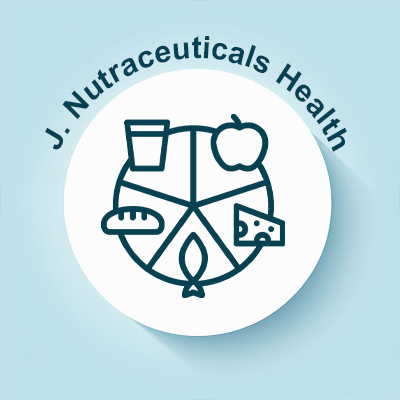
Journal of Nutraceuticals and Health
OPEN ACCESS

OPEN ACCESS

Shatavari (Asparagus racemosus) is a medicinal herb central to Ayurveda, known for promoting women’s health through hormonal regulation and reproductive support. Its bioactive compounds, such as steroidal saponins, act as phytoestrogens, helping maintain hormonal balance. Increasingly recognized in natural supplementation, it offers therapeutic potential for conditions related to hormonal health. It is traditionally used to address premenstrual syndrome (PMS), polycystic ovary syndrome (PCOS), and menopausal symptoms. Its adaptogenic properties help manage stress, further supporting hormonal stability. However, broader clinical validation is required to confirm its benefits and establish dosage guidelines. This review synthesized findings on its hormonal effects, reproductive benefits, and stress-modulating properties. Various formulations like capsules, powders, and tinctures were evaluated for their therapeutic outcomes. Research shows it regulates menstrual cycles, alleviates menopausal symptoms, improves fertility, and enhances lactation. Its antioxidant properties also mitigate oxidative stress, supporting reproductive health. However, most findings come from small-scale studies, requiring further research. Variability in formulations and limited clinical trials complicate therapeutic standardization. Pharmacokinetic studies are essential to understand absorption, metabolism, and potential drug interactions. This review aims to bridge traditional knowledge and modern research, highlighting Shatavari’s potential as a nutraceutical and emphasizing the need for further clinical studies for safe integration into healthcare.